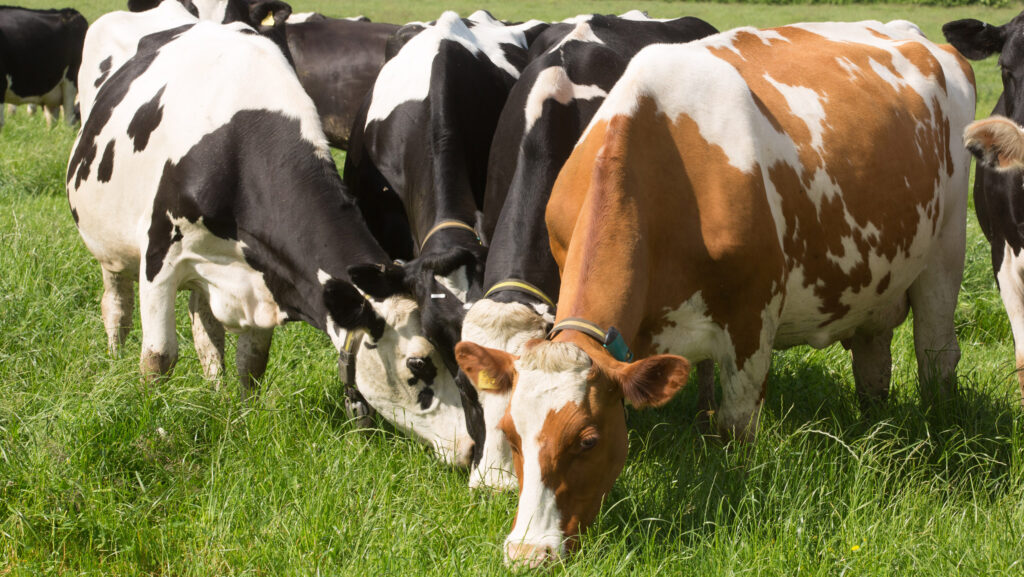Opinion: Batters’ review is a ‘sop’ to angry farmers
 © Tim Scrivener
© Tim Scrivener Imagine for a moment you’re a dairy farmer. If you found out that 18% of your cattle were producing 79% of your milk yield off 56% of your grazing platform, what would you do with the other 82% of your cows?
It’s not a question without relevance, because the data that the government uses to assess the performance of UK agriculture shows that the “high” and “very high” output businesses (those producing more than €250,000 a year) do just that.
Together, they produce nearly four-fifths of all farm output off half the available land area.
See also: Opinion – the shift towards net zero is a huge possibility
The challenge for the government – and for Baroness Minette Batters’ new farm profitability review – is that the same data set shows that in 2023 there were a staggering 42,864 farms in the UK producing less than €25,000 a year each.
This 45% of farms contributes just 2% of total output.
Imagine again that these are cows – no rational farmer could make a case for retaining the least productive 45% in a dairy herd, right?
Farm profitability review
Yet the implication of the farm profitability review is that each of these farm businesses deserves more.
A practical route to profitability for thousands of small farms who currently eke out an existence on nothing more than pony paddocks and intergenerational guilt is no small ask.
However, if Minette is an honest capitalist, her report will be the easiest in history – she need only write down what the Treasury thinks farming needs to do to become more profitable.
The Treasury’s economic ideology is that the “creative destruction” of competitive market forces will leave fewer, bigger farm businesses with better buying and selling power, better resources to invest in infrastructure, innovation and diversification, and better access to advice.
This doesn’t guarantee profitability, but if they are not profitable, the theory goes they will be replaced with ones that are.
The problem for Minette is her appointment is a sop to the angry farmers who are now laid bare to the Treasury’s body-blows.
No one is going to be happy to be told they must “consolidate and invest in technology”.
Right now, most might be lobbying Minette to tell the government to make big retailers and processors pay up, perhaps dreaming of higher prices, fewer environmental protections and less paperwork.
It’s clear to everyone, except those who make money from online outrage, that the chances of this are zero.
The government has been parroting its mission to unleash economic growth far and wide, and it’s clear there is no cash for handouts and no realistic prospect of market intervention.
There are some low-hanging fruit that Minette might tackle.
Setting out how agriculture aligns with the government’s missions will be a priority to ensure our sector is embedded in an industrial strategy.
Sorting nonsensical planning rules and permits would help, as would an examination of why existing Agriculture Act powers on producer organisations haven’t been taken up.
Minette may also look to make the case for an ongoing programme of farm advice to include core business management skills, and for another round of an exit programme.
The government has been parroting its mission to unleash economic growth far and wide, and it’s clear there is no cash for handouts and no realistic prospect of market intervention.
It’s also clear what this fight is really about, and that every other national industry so far has folded to the capitalist tune.
A bright note to end on – if you don’t like it, at least you can vote for a left-wing government next time around.

